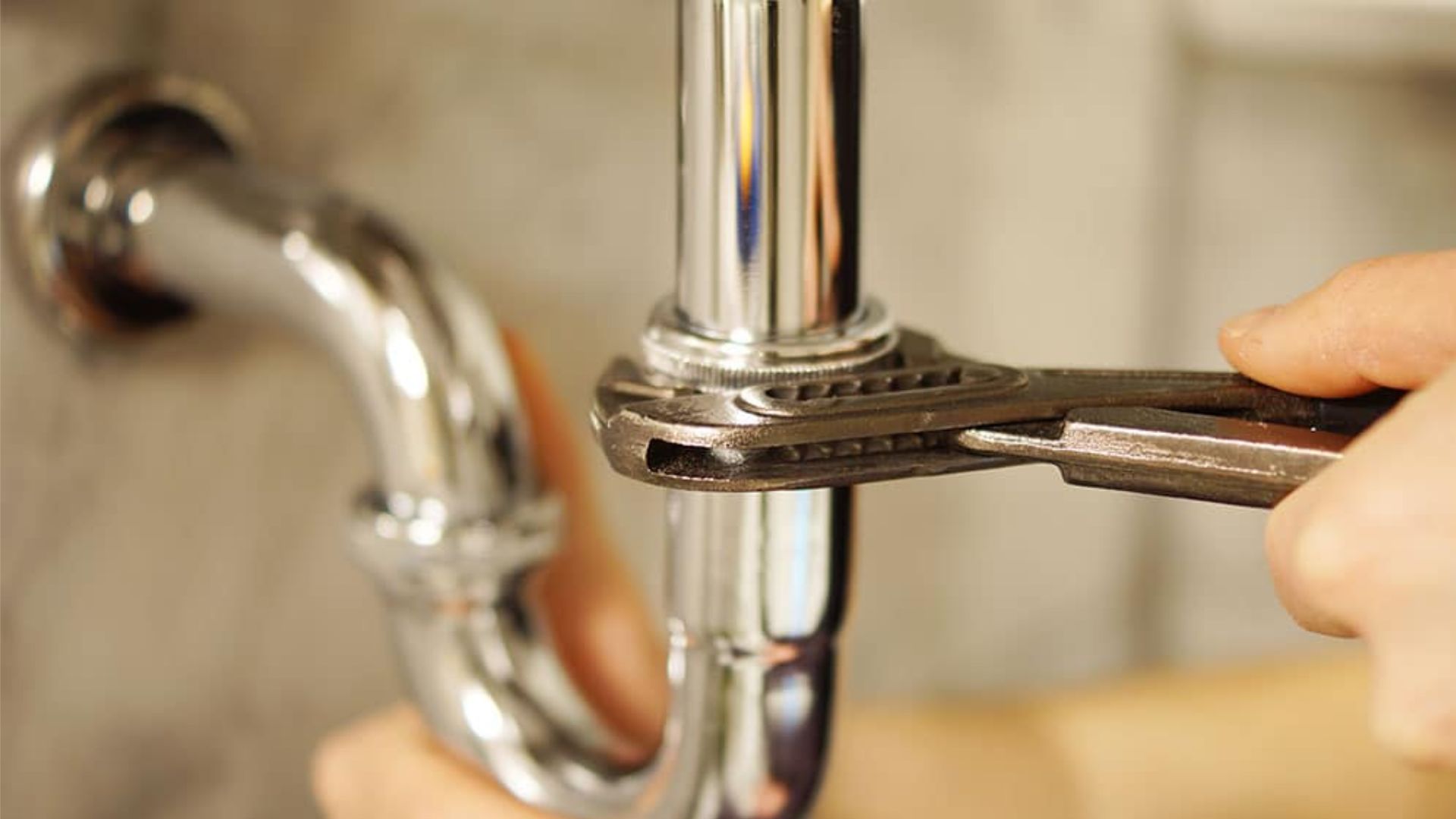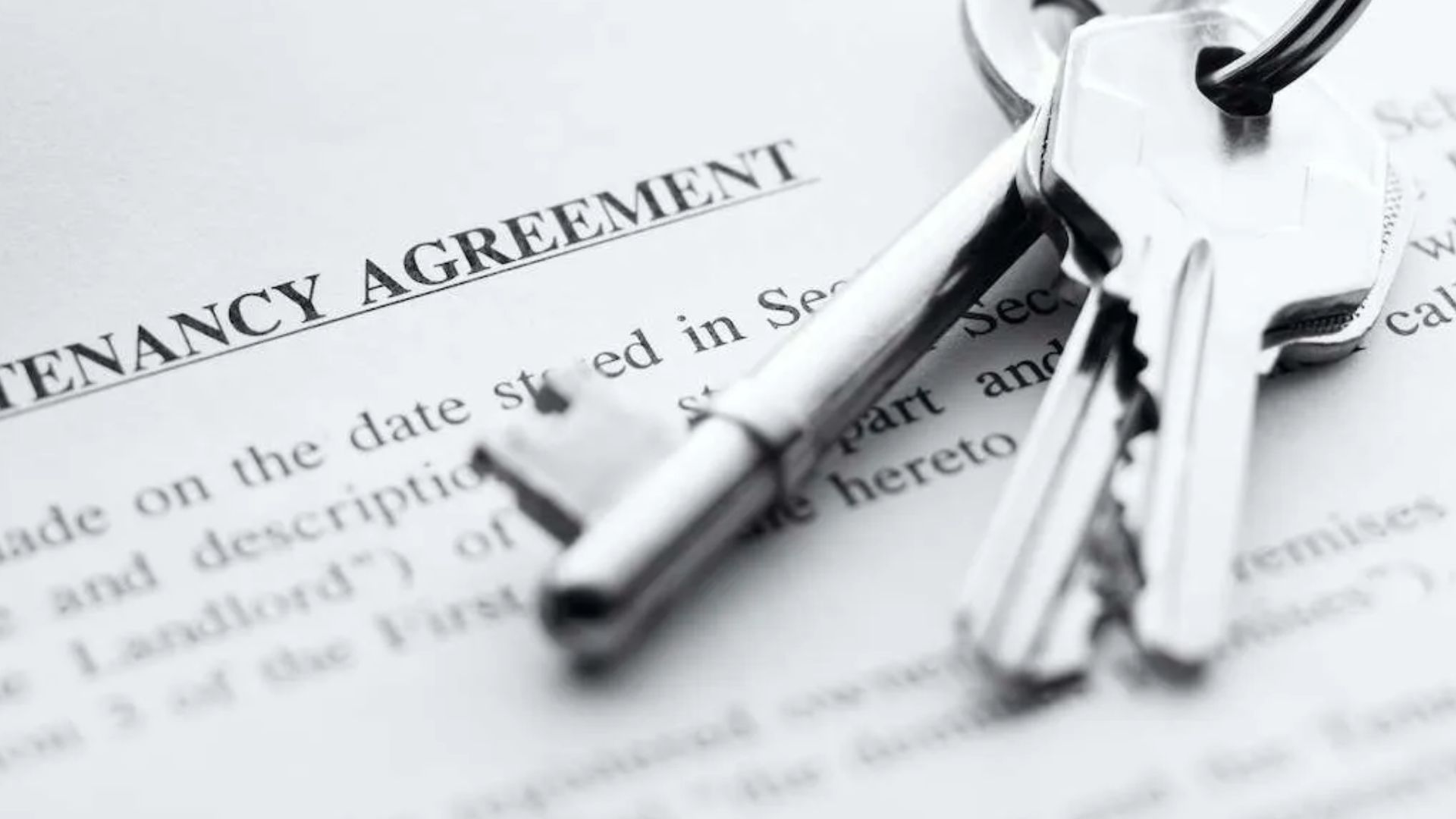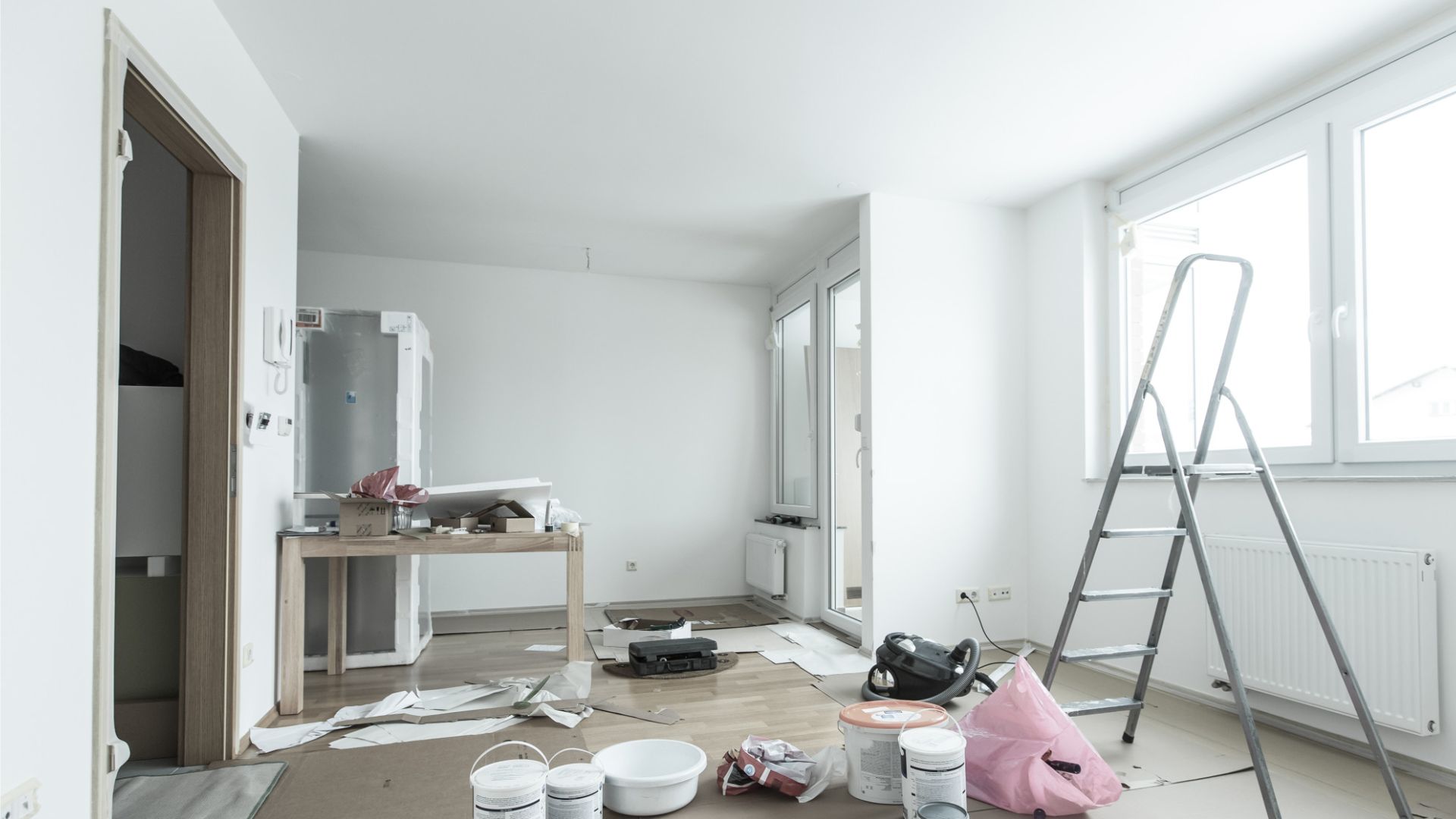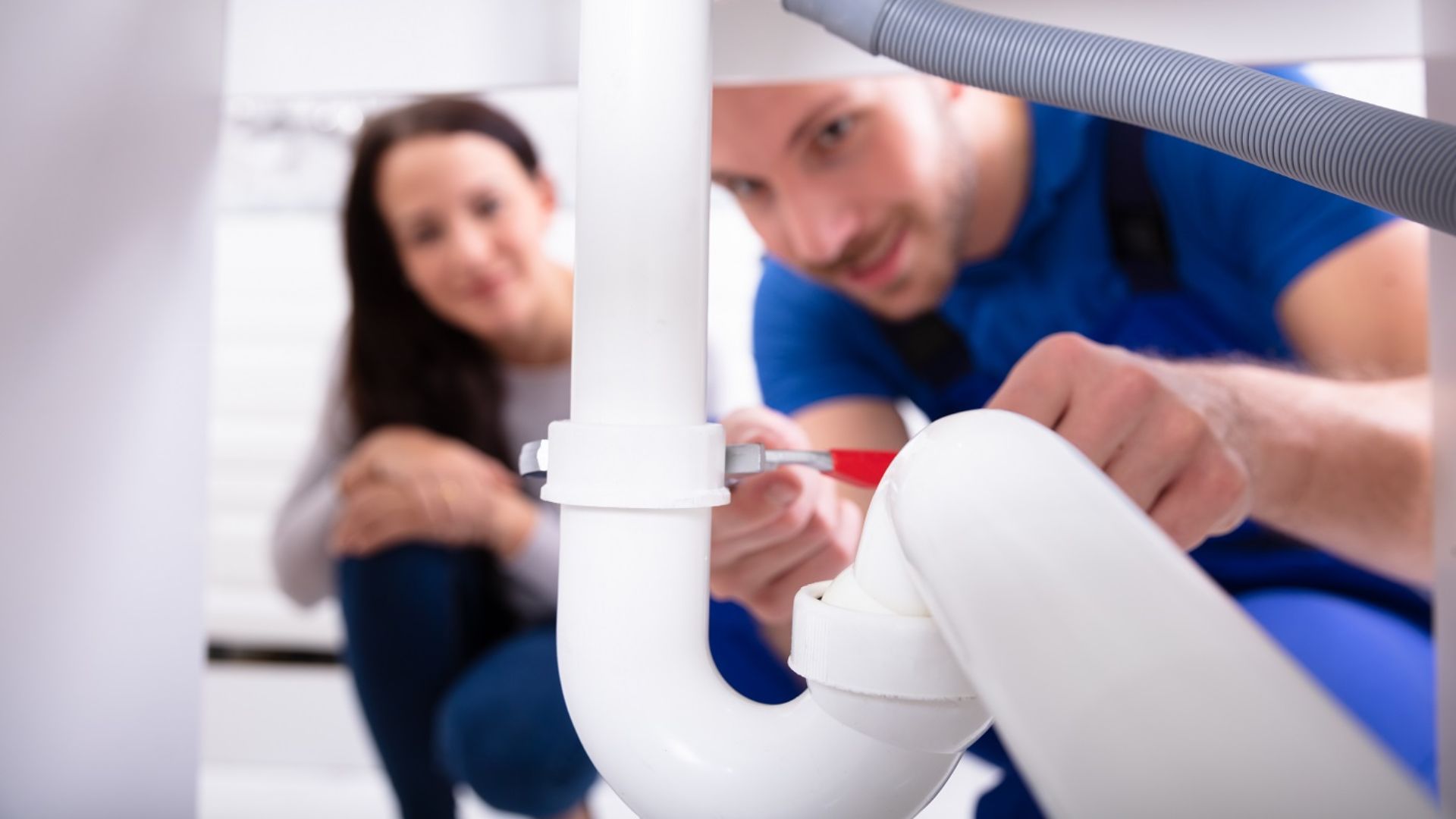7:00AM to 5:00PM
Blocked drains are a common nuisance that can disrupt the smooth functioning of any household. Whether it’s a minor inconvenience or a major plumbing issue, understanding the responsibilities surrounding blocked drains is crucial, especially for both landlords and tenants.
In this guide, we’ll delve into the intricate world of blocked drains and shed light on the legal obligations that pertain to them. This expert analysis will equip you with the knowledge to navigate this often murky terrain confidently. So, let’s start by unravelling the mysteries of blocked drains and determining who holds the key to their resolution.
Blocked drains, a common household woe, are more than just an inconvenience; they can quickly escalate into significant plumbing issues. At their core, blocked drains occur when an obstruction hinders the smooth flow of water through your plumbing system. These obstructions can vary widely, from hair and soap scum accumulation in bathroom pipes to grease buildup in kitchen drains.

The consequences of ignoring blocked drains extend beyond inconvenience. Slow-draining sinks, foul odours, and water damage to your property are just the beginning. Left unattended, blocked drains can lead to more severe problems, such as pipe corrosion, leaks, and even structural damage to your plumbing system.
Understanding the causes of blocked drains is essential. Common culprits include foreign objects, like hair, food particles, and sanitary products, lodged in pipes. Tree roots infiltrating underground pipes can also be a significant issue. By comprehending the root causes, you can take preventive measures to minimise the risk of blockages.
As property owners, landlords are responsible for maintaining the plumbing and drainage systems in a safe and functional condition.
In Australia, including the vibrant Gold Coast region, landlords must adhere to specific regulations outlined in the Residential Tenancies and Rooming Accommodation Act. This legislation stipulates that landlords ensure that all essential services, including plumbing and drainage, are maintained and in good working order.
Specifically, concerning blocked drains, landlords are generally responsible for addressing these issues promptly. If a blockage occurs due to factors beyond the tenant’s control, such as tree roots or deteriorating pipes, it falls squarely under the landlord’s responsibility. Neglecting to address such issues can lead to breaches of the tenancy agreement and legal ramifications.
However, it’s essential to note that tenant behaviour also plays a role in determining responsibility. If a blockage results from the tenant’s actions, such as disposing of inappropriate items down the drain, the tenant may be held accountable for the repair costs.

While landlords shoulder a significant responsibility for maintaining the overall plumbing and drainage systems, tenants also have a role to play in preventing blocked drains. Understanding and fulfilling this role is crucial to maintaining a harmonious rental arrangement.
Tenants are responsible for using plumbing fixtures and drains responsibly. This means refraining from disposing of items down drains that can lead to blockages. Common culprits include grease, food scraps, and non-flushable items like wet wipes and sanitary products.
Proper disposal of these materials in designated bins can go a long way in preventing blockages. Additionally, tenants should promptly report any signs of drainage issues to their landlords.
Early detection and communication can prevent minor issues from becoming major plumbing disasters. It’s in the best interest of both parties to address these concerns promptly.
In addition, tenants should also adhere to routine maintenance practices, such as regularly cleaning drain covers and being cautious with what goes down the sink or toilet. By taking these simple precautions, tenants fulfil their responsibilities and contribute to a hassle-free living environment.
Dealing with a blocked drain in your rental property can be a frustrating experience, but there are steps you can take to address and resolve the issue promptly. Firstly, it’s important to inform your landlord or property management company immediately so that they can take appropriate action.
Depending on the severity of the blockage, they may either dispatch a professional plumber or provide you with instructions for do-it-yourself remedies. If you can attempt to unclog the drain yourself, you can use a plunger or a drain snake to dislodge the obstruction.

However, following any guidelines your landlord or property management provides is crucial to avoid causing further damage. In some cases, they may need to arrange for a professional plumber to assess and fix the problem.
Remember to document any communication and keep records of any expenses incurred for potential reimbursement. By promptly reporting and collaborating with your landlord or property management, you can ensure that blocked drain issues are resolved efficiently, restoring the functionality of your rental property’s plumbing system.
When renting a property, it’s crucial to take preventive measures to avoid blocked drains. Blocked drains can be a major hassle, resulting in expensive repairs and strained relationships with your landlord.
As a responsible renter, there are several steps you can take to prevent this issue. First and foremost, make sure you dispose of waste properly. Avoid pouring grease, oil, food scraps, or non-biodegradable items down the drain, as these can accumulate and clog the pipes.

Instead, use designated waste bins or recycling containers for appropriate disposal. Additionally, consider using drain strainers or guards in sinks, showers, and bathtub drains to catch hair, soap residue, and other debris that can contribute to blockages. Regularly removing and cleaning these strainers will help maintain proper water flow. Finally, be mindful of what you flush down the toilet.
Only flush toilet paper and human waste, as flushing items like wipes, sanitary products, or cotton balls, can lead to toilet blockages. Following these preventive measures can minimise the risk of blocked drains, ensuring a smooth and trouble-free living experience in your rental property.
Landlords are legally obligated to maintain plumbing systems and address issues promptly, while tenants play a vital role in preventing blockages through responsible use and reporting concerns.
By understanding these responsibilities and following preventive measures, tenants can ensure a harmonious living environment and minimise the likelihood of encountering disruptive plumbing problems. Timely communication with landlords and professional assistance when needed are key elements in resolving blockage issues efficiently.
At Gold Coast Plumbing Company, we understand the complexities of plumbing in rental properties. With over two decades of industry experience, we stand as a trusted partner in ensuring your plumbing needs are met expertly and promptly. Feel free to reach out if you face plumbing challenges or emergency blocked drain services. Our expert team is just an email or phone call away.